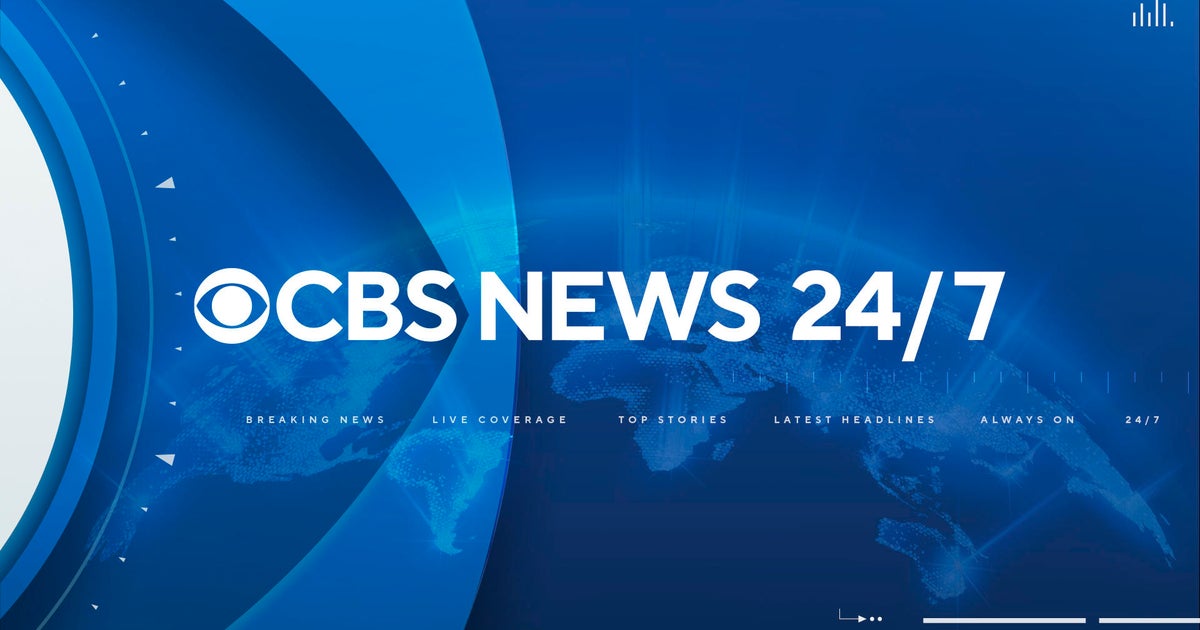News Notifies: Obtain Real-Time Updates on Essential Occasions
Wiki Article
Browsing the Information Landscape: Tips for Finding Credible Details
In an age where information is bountiful yet usually unstable, navigating the information landscape with discernment is paramount. Establishing the reliability of resources is the first action, as understanding the certifications of writers and the credibility of their magazines can significantly impact the quality of info taken in.Assessing Resource Integrity
Assessing source reliability is essential for making sure the reliability of details in an age marked by info overload. As individuals navigate various forms of media, from electronic short articles to social media networks, critical legitimate resources comes to be critical. Secret aspects to think about when assessing source integrity include the authority of the writer, the publication's track record, and the proof provided to sustain insurance claims.First, take a look at the author's certifications and experience in the subject. Authors with relevant scholastic or specialist backgrounds are more probable to offer reputable insights. Next, take into consideration the magazine's track record; established media outlets usually abide by journalistic criteria and fact-checking methods, making them more credible.
In addition, examine the quality and significance of the proof provided. Reputable resources often mention peer-reviewed researches, professional meetings, or official statistics, which reinforces their insurance claims.
Cross-Checking Details
Cross-checking details is a crucial technique for validating the precision of cases and staying clear of the pitfalls of misinformation. This procedure entails comparing info from several trustworthy resources to determine its validity. When encountering a newspaper article or insurance claim, one should look for out added coverage on the same topic from different outlets. This assists to recognize disparities and validate truths.To effectively cross-check details, it is necessary to utilize diverse resources, consisting of developed wire service, scholastic journals, and specialist opinions. Each source may provide an one-of-a-kind perspective or additional context that enhances understanding. Furthermore, take note of the magazine dates of the information being evaluated, as updates or modifications may have been issued.
Furthermore, think about the context in which info exists. Seek corroborating evidence, such as information, meetings, or firsthand accounts, that lend trustworthiness to a case. Be careful of sensational headings or psychologically billed language, as these can suggest an effort to control perception.
Recognizing Predisposition and Viewpoint
Recognizing predisposition and point of view is vital for navigating the complex landscape of info. Every piece of information is infiltrated the lens of the author's experiences, ideas, and associations, which can dramatically form the narrative provided. As consumers of info, it is vital to recognize these predispositions, as they can bring about distorted understandings of reality.
It is additionally crucial to recognize your very this website own predispositions. Individual beliefs can affect exactly how you interpret information, making it important to come close to news with a crucial way of thinking. Engaging with varied perspectives can assist neutralize individual predispositions, permitting for a more rounded understanding of issues.
Eventually, recognizing predisposition and viewpoint in information coverage is not simply a scholastic workout; it is an essential ability for educated citizenship in an autonomous culture. By growing this understanding, people can make even more informed choices and add to an extra nuanced public discussion.
Understanding Fact-Checking Resources
Fact-checking resources play an essential function in discerning the accuracy of info in a period marked by misinformation and sensationalism. These sources, that include independent organizations and online systems, are committed to validating insurance claims made by public numbers, media outlets, and social Continued media messages. They use extensive methodologies to assess the credibility of statements, often mentioning original resources and supplying context to assist in understanding.Some widely known fact-checking organizations, such as Snopes, FactCheck.org, and PolitiFact, focus on various subjects, from political unsupported claims to viral web cases. Their work not just unmasks incorrect info but likewise highlights the importance of evidence-based discussion. By seeking advice from these resources, people can establish an extra critical approach to the details they experience.
Furthermore, several fact-checking systems use user-friendly user interfaces that permit for fast searches by topic or insurance claim, making it less complicated for users to locate appropriate info immediately. Involving with fact-checking sources promotes essential reasoning and gears up individuals with the tools needed to navigate the intricate news landscape efficiently, inevitably promoting an extra educated public discussion.

Using Trusted News Aggregators
In today's hectic details landscape, relied on information collectors serve as useful tools for people seeking trustworthy news sources. These platforms put together newspaper article from various respectable outlets, offering individuals with a combined sight of current events. By curating material from developed media companies, aggregators assist customers avoid the risks of false information and sensationalism commonly common in less trustworthy sources.When using information aggregators, it is vital to pick ones that focus on high quality over quantity. Look for systems that utilize extensive editorial standards, making certain that the information presented is accurate and trustworthy. Popular aggregators like a knockout post Google Information, Feedly, and Flipboard enable customers to customize their news feeds based upon subjects of rate of interest, enabling a tailored experience that can boost expertise and understanding.
In addition, aggregators frequently consist of attributes such as fact-checking assimilations and individual rankings, additionally assisting consumers in discerning trustworthy information - news. While information aggregators are beneficial, individuals ought to remain attentive and cross-reference details with main resources when necessary. By leveraging relied on information collectors properly, people can navigate the intricate media landscape while staying notified with reliable and varied perspectives
Conclusion
To conclude, navigating the information landscape requires a methodical approach to guarantee the consumption of reliable details. Evaluating resource reputation, cross-checking facts, and identifying biases are important techniques for educated discussion. Additionally, utilizing fact-checking sources and relied on information aggregators boosts the ability to discern precise reporting from false information. By using these strategies, people can contribute to a more educated public dialogue and foster critical thinking when faced with an increasingly complex media environment.Report this wiki page